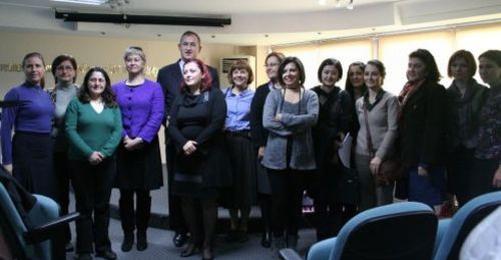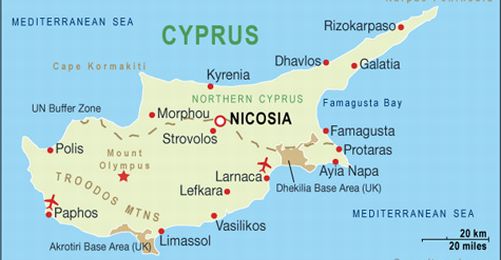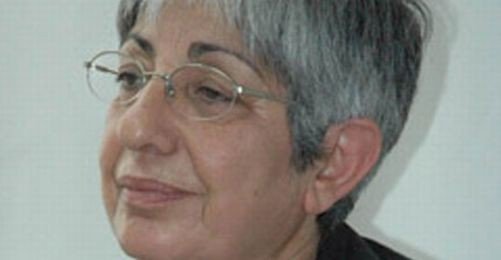Fevzi Gümüş, president of Pir Sultan Abdal Culture Association (PSAKD), an Alevi organization, criticizes the insistence of the Justice and Development Party (AKP) to keep the religion classes in schools mandatory in spite of the decisions by the European Human Rights Court (EHRC) and the Turkish State Council.
“It does not look like the AKP will be able to solve this problem with its own version of the freedom of belief, which is reflects the desires of its own constituency.”
“With the lawsuits, a few Alevi youth were able to save themselves from the assimilation that surrounds them. However, millions of Alevi youth continue going through the same torture.”
Gümüş told Bianet that the Alevi community might consider other options such as mass lawsuits and boycotting the mandatory religion classes, if the AKP kept this attitude.
EHRC: Content and Implementation
The ERHC had stated in its November 2007 decision that the mandatory religion classes were a violation of “the right of education.”
In Hasan Zengin and his daughter Eylem’s application, the court had emphasized that the content of these classes were based on Islam’s sunni interpretation. Moreover, the court had claimed that keeping the non-muslim students exempt from these classes was not enough for “the freedom of belief.”
Minister of Education (MEB) Hüseyin Çelik had stated previously that this decision was about the old curriculum. Since Alevi belief was included in the new curriculum, according to the minister, this decision by the ERHC was inapplicable.
“Complaint Line”
Lawyer of the Zengin family and president of the Federation of Alevi-Bektaşi Associations Kazım Genç applied recently to the ministry regarding this subject.
Although Genç’s application was accepted by “ALO 150” complaint line a month ago, it has not been answered yet.
“It has to be removed”
In spite of the government’s claims, the jurists and experts say ERHC’s decision demands that the religion classes become voluntary.
President of the Education and Science Workers Union (Eğitim-Sen) Zübeyde Kılıç also confirmed to Bianet that this was the only solution; there was no place for religious education in a secular and scientific education system.
“It may at the university level, but it is unacceptable for children who are still developing.”
It is against legal rights and pluralism
Both Kılıç and Gümüş said the mandatory religion classes were added to the curriculum after the September 12 Military Coup in 1980, they reflected the coup mentality.
Both names added that the government was insisting on not fulfilling its obligations demanded by the international conventions.
Gümüş said, “The AKP and the other political formations that share its mentality keep seeing the cultural differences in Anatolia not as richness, but as a separatist component in the country.”
“The court decisions are a turning point in the struggle of Alevis and the democratic forces. Now it is time for the government to remove the mandatory religion classes, which are in contradiction with secularism, human rights and the international conventions.”(EÜ/EZÖ/TB)












